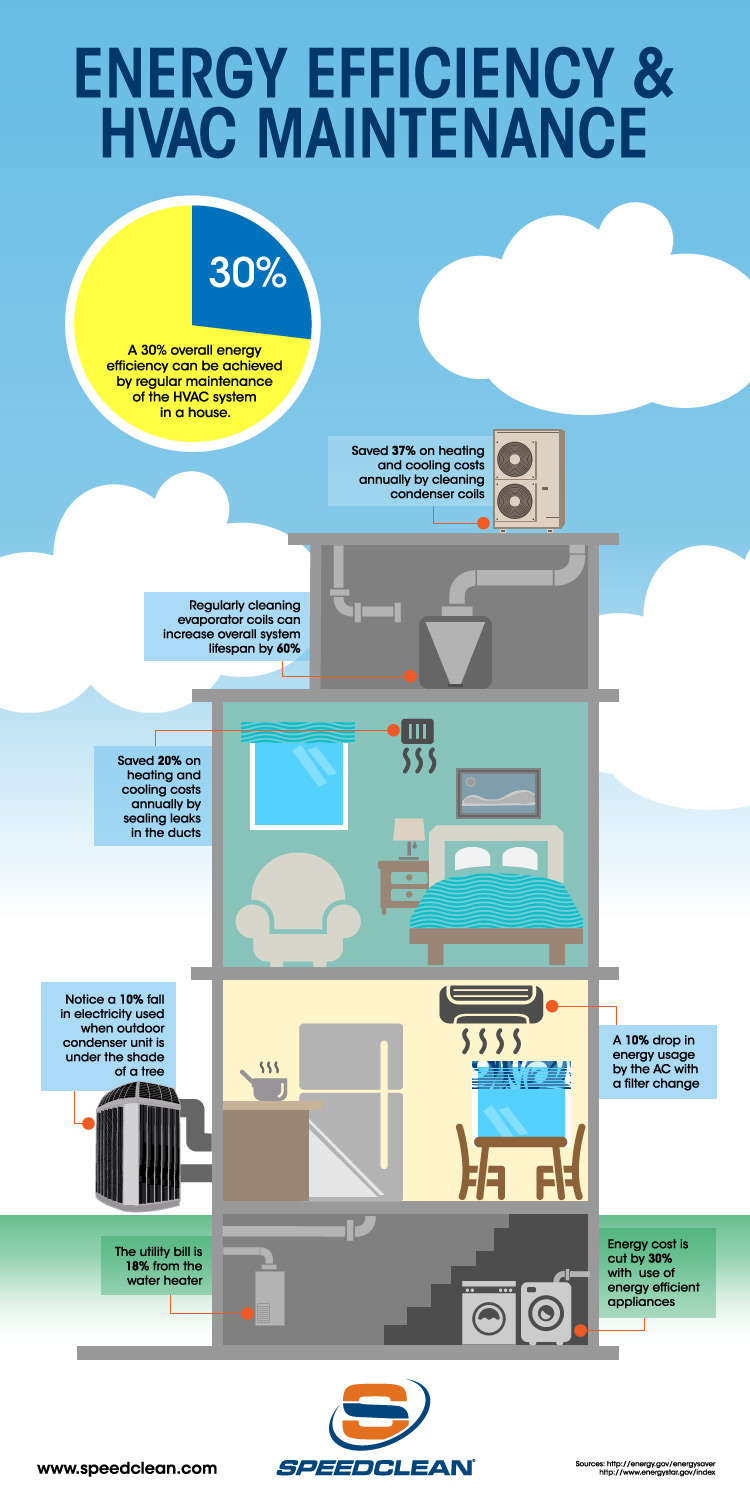Checking Out The Ecological Benefits Of Warm Pumps - A Lasting Heating Solution
Checking Out The Ecological Benefits Of Warm Pumps - A Lasting Heating Solution
Blog Article
Written By-Moser Burgess
In an era where sustainability and power effectiveness are extremely important, lots of organizations seek environment-friendly heating options. One such solution is the heatpump.
A heatpump removes the warmth in its surroundings and pumps it right into your home, leading to among the most efficient environmentally friendly main heating unit around. This procedure likewise generates no greenhouse gas exhausts, making it a very lasting innovation.
Energy Performance
Heatpump are extremely energy effective and need little maintenance. They make use of much less electricity than other heating systems and are by far the most eco-friendly. They work well with roof solar and can usually pay for themselves in energy savings alone.
They can likewise give cooling, which is fantastic for garage workshops, attic hangouts and bonus spaces, and home enhancements without prolonging the existing ductwork. They can even be utilized for retrofits in existing homes with hydronic (water-based) distribution systems such as low temperature level radiators or radiant floorings.
Seek models with SEER and HSPF ratings that satisfy or surpass Canada's minimum criteria, along with the requirements in your region. Higher rankings mean higher effectiveness, which saves you cash in the long run and lowers your carbon impact. You might also get discounts and motivations! The most effective units are those with a ground heat exchanger for included efficiency. These devices can take in thermal power from the ground throughout the winter and extract it in the summer season.
Minimized Greenhouse Gas Emissions
Heat pumps run on electricity and essentially move warmth from the air, also when it's cold outside. They have the ability to remove the totally free warmth trapped in air fragments and relocate them indoors, minimizing humidity while doing so.
Compared to gas furnaces, modern-day heat pumps make use of less than one kilowatt of electrical power per kilowatt of home heating power they generate. This makes them one of the most power effective home heating choice readily available with a COP (Coefficient of Performance) of four or even more. By slashing the requirement for fossil fuels, heatpump help reduce greenhouse gas exhausts and cut various other significant air toxins.
Structure decarbonization is a worldwide necessary, and the cooling and heating sector is a crucial chauffeur of that procedure. Whether it's investor making net zero commitments, plan manufacturers establishing exhausts restrictions, or tenants demanding greener areas, electric heatpump are being identified as an important remedy. They are an affordable way to lower carbon emissions by removing the requirement for nonrenewable fuel sources in structures.
Flexibility
Heat pumps can be used in many sorts of homes and buildings-- with or without ducts. They work with hot-water radiators, air-conditioning and programmable thermostats. They can replace heating systems or be installed in brand-new homes. They can work on photovoltaic panels, geothermal systems or perhaps area home heating sources like wastewater.
https://cost-to-replace-heating-a89998.blogsvila.com/29443498/heatpump-vs-heater-which-is-the-better-home-heating-choice-for-your-home at supplying even more warmth per energy device. For instance, an air-source heatpump produces up to 3 or more heating units from each electricity unit it eats.
Getting one of the most from your heat pump will depend on your environment zone and top quality of insulation. Look for ducted heat pumps chch with ENERGY STAR ratings and compare their SEER or HSPF specs. In warmer climates, concentrate on SEER; in colder regions, take into consideration a system with a higher HSPF score. On top of that, invest in air sealing and insulation to decrease the tons on your heatpump. That will enhance power performance and assist you reach your Internet No goals faster.
Biomass Boilers
Biomass boilers make use of timber pellets, chips or logs to develop warmth and warm water. They are an excellent option for off-grid buildings or those who intend to get off the gas grid.
As a standalone heater, biomass can provide enough energy to maintain your home warm all the time without the regular warm drop off of other eco-friendly technologies. They can also be used together with solar panels to increase savings and gain from RHI repayments.
A drawback of these systems is the upfront cost and regular gas deliveries. Typically, pellets will require to be blown into a fuel shop making use of a vacuum cleaner system or they can be manually fed into the central heating boiler with a receptacle. Logs are commonly self-sourced from nearby woodland or acquired wholesale. In addition to this, they need manual loading and might require cleaning often.